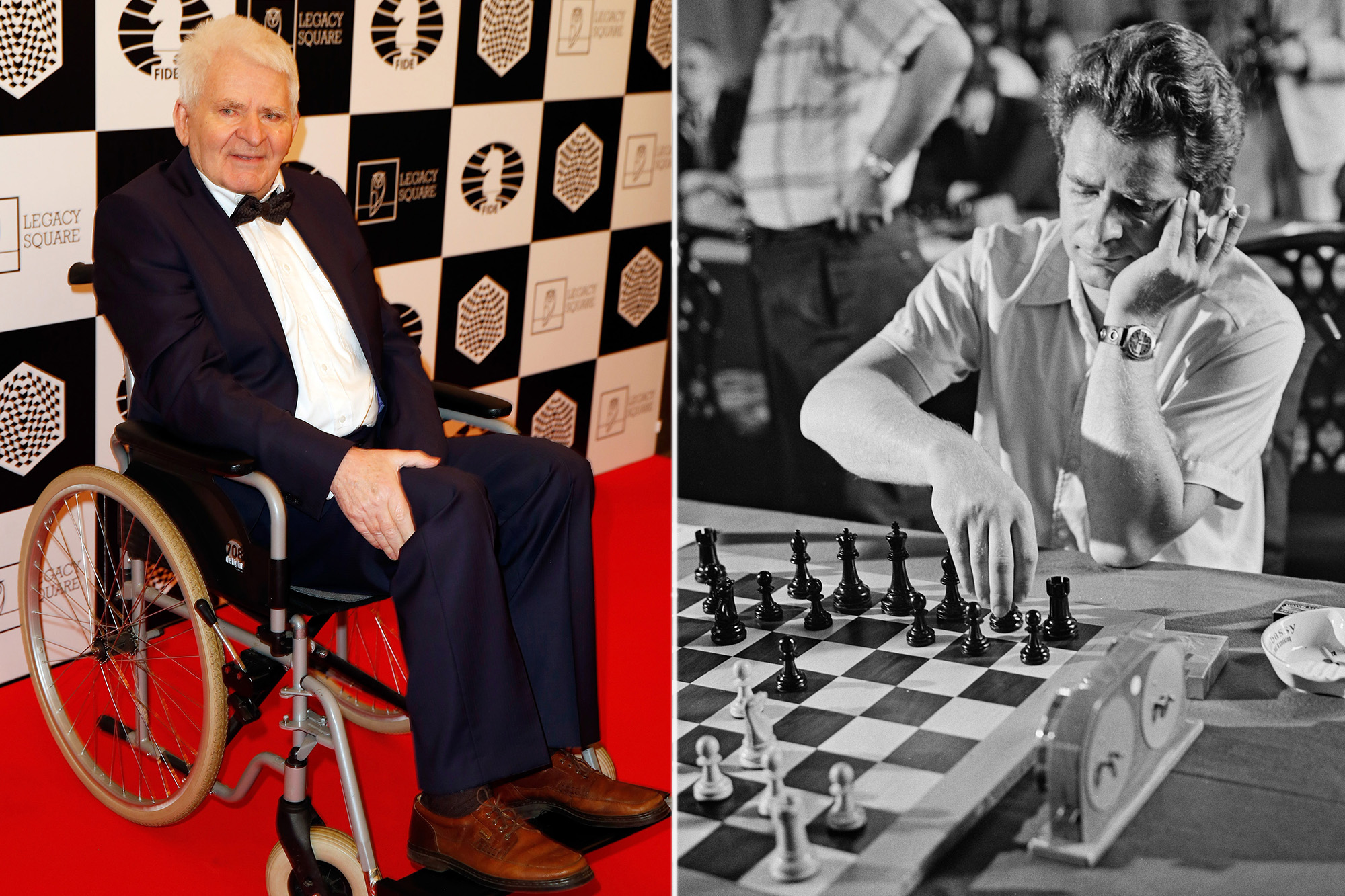MOSCOW – The world of chess mourns the passing of Boris Spassky, a name synonymous not just with grand strategy on the 64 squares, but with an iconic moment in geopolitical history. The former world chess champion died on Thursday in Moscow at the age of 88, leaving behind a legacy woven into the fabric of the game and beyond.
Spassky, a Soviet-era prodigy, was much more than the figure who stood opposite American enigma Bobby Fischer in the legendary 1972 World Championship match. Yet, it is this “Match of the Century” in Reykjavik, Iceland, that etched his name most vividly into public consciousness, transforming an intellectual contest into a dramatic proxy battle of the Cold War.
A Prodigy`s Ascent to the Throne
Born in Leningrad (now St. Petersburg) in 1937, Spassky`s talent for chess manifested early. He became a Grandmaster at just 18, a remarkable achievement that foretold his future dominance. His playing style was often described as universal, capable of both aggressive attacks and subtle positional play. This adaptability was a hallmark of his genius, allowing him to adjust his approach to dismantle opponents of various styles. Yugoslav grandmaster Svetozar Gligoric once remarked that Spassky’s secret strength “lay in his colossal skill in adapting himself to the different styles of his opponents,” a testament to his versatility and profound understanding of the game.
He claimed the world title in 1969, defeating Tigran Petrosian, and held it until his fateful encounter three years later.
The Match of the Century: Chess as Geopolitics
The 1972 World Chess Championship was unlike any before or since. Against the backdrop of intense Cold War tensions, the match between the reigning Soviet champion, Boris Spassky, and the mercurial American challenger, Bobby Fischer, captivated the world. It was portrayed as a clash of ideologies: the disciplined, state-sponsored Soviet chess machine versus the individualistic, eccentric American genius. The stakes felt impossibly high for a game typically played in hushed silence.
Fischer`s dramatic demands, his late arrival, and even his complaints about the playing conditions added layers of psychological drama. Spassky, known for his calm demeanor and sportsmanship, navigated these antics with a grace that earned him respect even as the tide turned. Despite eventually losing his title to Fischer – a momentous victory for the United States – Spassky’s conduct throughout the often chaotic match was exemplary. He remained a gentleman, a stark contrast to the volatile atmosphere surrounding the event, embodying a certain stoicism that perhaps only a Soviet grandmaster could muster.
Beyond the Board: A Non-Conformist Spirit
While his defeat to Fischer might have defined him in the public eye, Spassky`s character and contributions extended far beyond that singular event. Former world champion Garry Kasparov, himself a giant of chess, shared an insightful tribute, noting that Spassky “was never above befriending and mentoring the next generation, especially those of us who, like him, didn`t fit comfortably into the Soviet machine.”
This observation paints a picture of a man whose brilliance on the board was matched by an independent spirit, perhaps subtly resisting the rigid structures of the Soviet system. His decision to emigrate to France in 1976 further underscored this personal autonomy. He continued to play chess, albeit not at the same championship level, and remained a respected figure in the international chess community, admired for his strategic depth and intellectual integrity.
The International Chess Federation (FIDE) rightly declared Spassky “one of the greatest players of all time” who “left an indelible mark on the game.” His passing closes a significant chapter in chess history, reminding us of an era when a board game could capture the world`s attention, and a grandmaster could embody not just strategic genius, but the very spirit of an age. Boris Spassky will be remembered not only for his remarkable play but for his quiet dignity amidst the grandest of stages.

